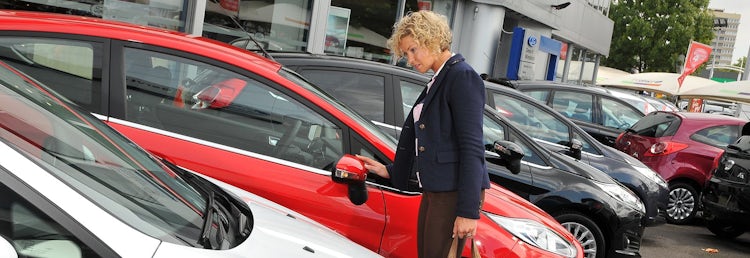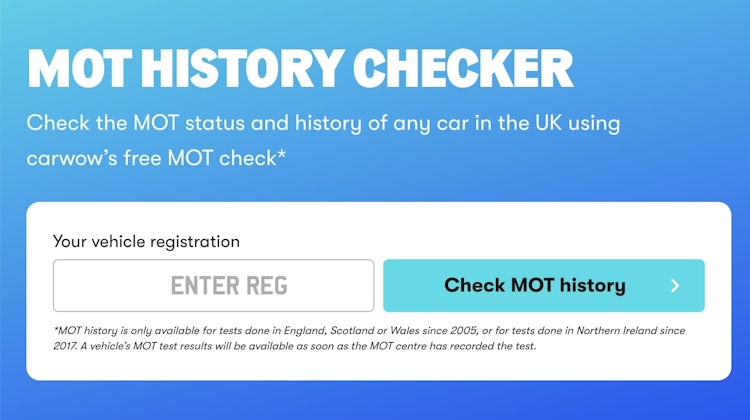Used Skoda Fabia cars for sale
Find the right second hand Skoda Fabia for you through our network of trusted dealers across the UK
Looking to buy a used Skoda Fabia? Get a full car history check
How buying a used car through Carwow works
Find a car
Use Carwow to browse and compare used vehicles, advertised by a network of trusted dealers. You can search by make and model, or apply filters to find the perfect car for you.
Contact the dealer
Once you’ve found a car you’d like to buy, you can contact the dealer to arrange the next steps, whether that’s asking a question or taking it for a test drive.
Buy the car
When you’re happy to buy, you can do so at a fixed price, safe in the knowledge all models sold through carwow are mechanically checked and come with a warranty.
Sell your car for what it's really worth
The free, easy way to get 5,500+ dealers all over the UK bidding on your car
Used Skoda Fabia pros and cons
Is a second-hand Skoda Fabia a good car?
The Skoda Fabia is a small hatchback which is probably the most sensible car you can buy.
Inside, the dash is rather more interesting to look at than those of its sister models from VW and SEAT. The Polo and Ibiza have very upright, simple dashboards, whereas the Fabia’s looks a bit cooler, with a slim bar that runs across the middle, and big round air vents at each end.
There’s plenty of space and comfort in the front seats, with lots of adjustment so that you can find a driving position which works for you.
The rear seats are slightly less impressive. There’s good space, and handy ISOFIX points for child safety seats, but while there’s plenty of headroom, legroom is a bit tight if there are tall people sat in the front. A Honda Jazz has considerably more rear seat space.
The Fabia does have a massive boot, though. At 380 litres it’s the most capacious small hatch around, and not only does it beat the boot capacities of the Polo and Fiesta, it’s actually the same size as you get in the VW Golf — a bigger car altogether.
Around town, the Fabia’s compact size makes it easy to manoeuvre and it’s easy to see out of, aside from the chunky rear pillars which can limit vision when tackling tight angled junctions. The DSG automatic makes life easier in town too, so seek one of those out if most of your miles are urban ones. On motorways, the Fabia is smooth and pretty refined for a small car, and even the basic models come with cruise control.
What to look for when buying a used Skoda Fabia
VW Group hasn’t been very good at making touchscreen software in recent years, and there have been plenty of complaints about the screens being glitchy and unreliable to use. Even when it’s working, the Fabia’s screen can be quite slow and has a confusing menu layout. Software updates can fix some — but not all — of that.
The DSG automatic gearbox is also a trouble spot, with reports of jerky changes especially around town. It also needs more maintenance than a conventional automatic, with regular oil changes a must for older cars.
The engines ought to be solid though — they’re all used in lots of other Skoda, VW, Audi, SEAT, and Cupra models and there have been no major problems reported. The Fabia didn’t feature in the most recent Driver Power Top 50 Cars To Own survey, but the mechanically-identical VW Polo finished in 41st position, with owners not giving it a great rating for reliability.
Skoda as a brand finished in 23rd position out of 32 in the overall Driver Power customer satisfaction survey – ahead of both SEAT and VW – with 23% of owners reporting problems with their cars.
Used car buying guides
Skoda Fabia transmissions
Skoda Fabia colours
Skoda Fabia cars for sale by county
Skoda Fabia cars for sale by city
* In line with the Consumer Rights Act 2015










